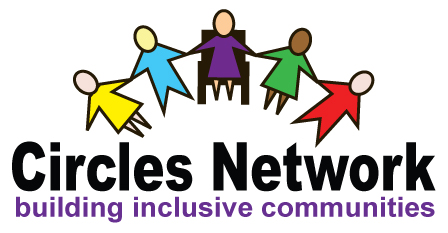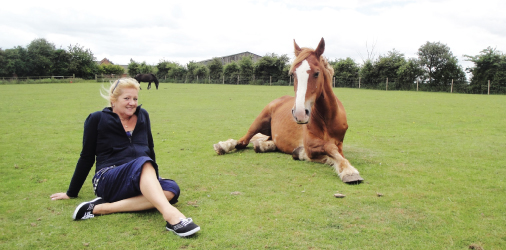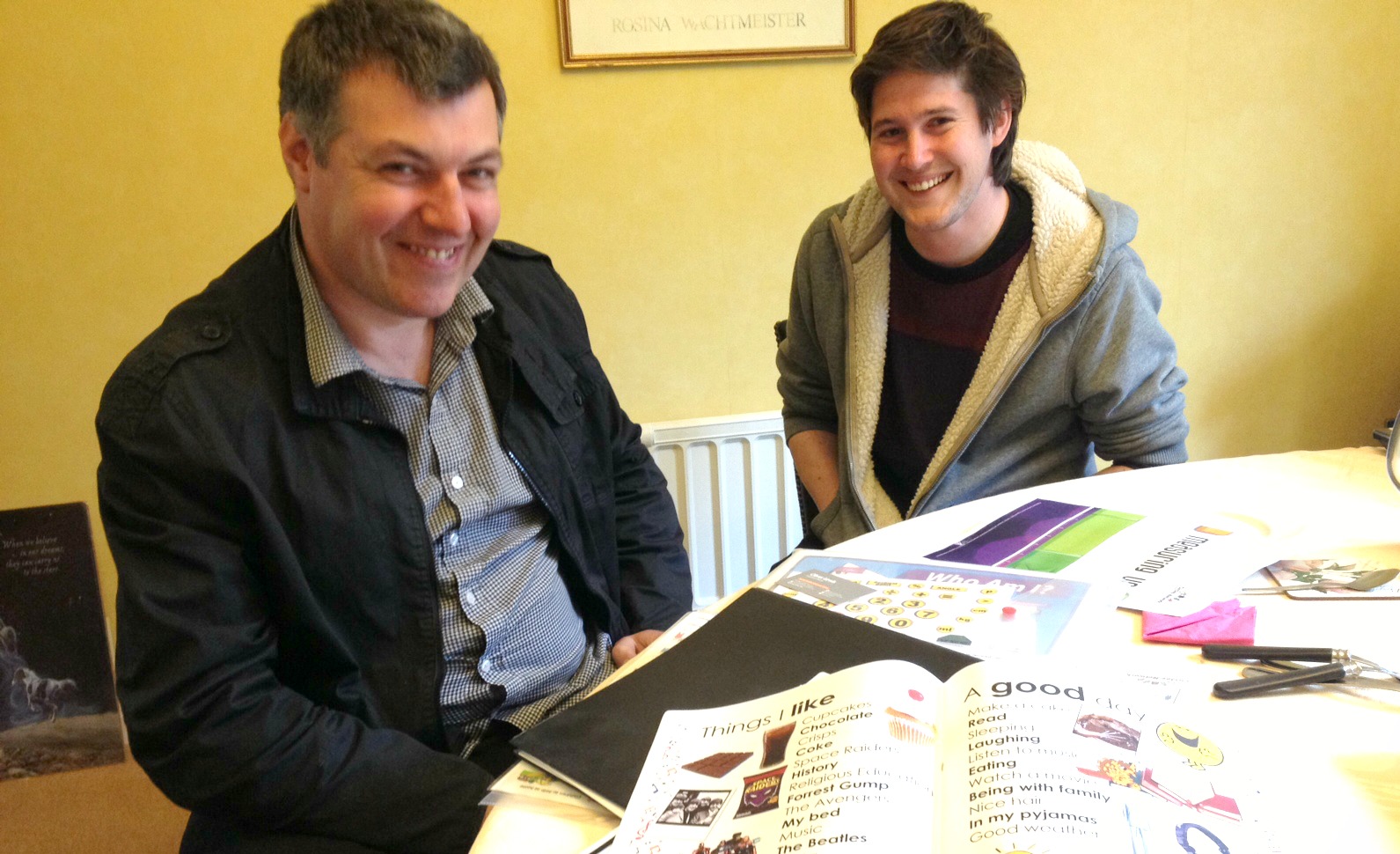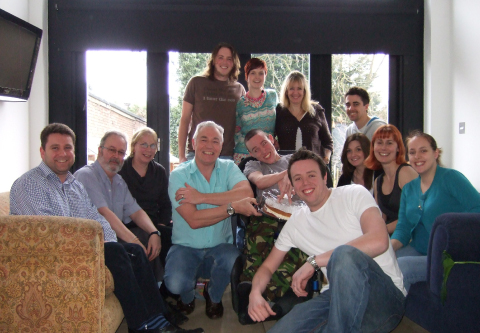
Last Tuesday I went to Rugby, a town 50 minutes by train from London and spent the day with my friend Mandy Neville who runs an NGO called Circles Network. Mandy radiates positive energy and it is no wonder that this distinctive charity now has branches in all four of the countries which comprise the UK, running a range of services all focused on helping individuals and creating inclusive communities.
Mandy founded Circles Network 19 years ago. The charity helps disabled and older people, people with learning disabilities and their parents and families and people experiencing isolation and loneliness through mental health and other issues. “Our work is all about inclusion, combatting isolation and creating opportunities for dignity and respect,” explained Mandy. “Everything starts by listening deeply to the person.” I mention some of the more traditional service providers. Mandy turns her nose up, explaining that Circles Network abhors service models which reinforce dependence or warehousing.
 Mandy Neville, founder of Circles Network
Mandy Neville, founder of Circles Network
Implementing the CRPD
I was interested to find out more about how Circles Network provides support in decision-making. MDAC does a lot of work to challenge guardianship regimes and advocate for full legal capacity. Typical guardianship laws focus on a person’s diagnosis, their deficits and inabilities. A judge removes the decision-making authority from the person and hands it to a guardian who takes decisions sometimes without even consulting the person. This is called substituted decision-making: Person A takes decisions about Person B’s life. The UN Convention on the Rights of Persons with Disabilities sets out a different way of doing things. Article 12 of the Convention says that everyone has legal capacity, so countries should change their laws so that everyone retains autonomy (read paragraph 2 of Article 12). But the Convention is not naïve and recognizes that people – irrespective of disability – need some help in decision-making. If a person needs such assistance, says the Convention, then the State should provide access to such supports (read paragraph 3 of Article 12).
Circles of Support
I wanted to explore with Mandy something she pioneered in the UK, namely Circles of Support. Mandy learned about this in the US by NGOs like Communitas, with whom she remains in close contact. Although Circles Network does not use the language of international human rights law to describe their work, geeks like me would say that the services they provide fall within the cluster of what Article 12(3) of the Convention calls “support”, which a person may require to exercise their legal capacity.
Gather round and listen
A Circle of Support is a group of people who meet regularly to help the focus person (for example a person with learning difficulties) articulate and reach their goals in life. The Circle acts as a community around the focus person who for whatever reason is unable by themselves to achieve what they want in life. The focus person decides who should join the Circle, and also in the direction that the Circle’s energy is employed.
A member of a Circle of Support can be family, friends and other community members and are involved because they care enough about the focus person to help them to overcome barriers in their life, providing information about options which the person could choose, and communicating the person’s decisions to the outside world. A facilitator (often a staff person from Circles Network) is chosen from within the Circle to take care of the work required to keep it running.
“I was dumped!” – that's the aim
A success story for the facilitator is when the circle no longer needs their services. Nadine, a Regional Coordinator who has been with Circles Network for 13 years, told me about a Circle she was facilitating. It was going really well, and one day she turned up at the Circle meeting and was told by the focus person that he wanted someone else to facilitate. “I was dumped!” Nadine said, using a word which spoke at once to the success of exiting, and also the emotion which she had invested. I got the feeling that being a Circles Network staff member is not a nine-to-five job. They are seriously passionate about what they do.
Once a facilitator has sufficient information about a person’s life – their likes and dislikes, their plans and aspirations – she sends it to Alex or Jonny, the two digital designers at Circles Network HQ who spend several hours producing a tailored plan. No plan is like another: every single page is different.

Creating inclusive communities
Sure, Circles help the focus person, and there are numerous success stories about people taking control of their lives, expanding their friendship, and getting some support especially at times of austerity when formal services are being cut.
In addition, Circles are beneficial for the support people in the Circle because of new-found friendships and interests. The local community benefits too because a discussions in a Circle challenge people’s entrenched views. Circles get people into problem-solving mode and many members of a Circle say that they have become a better person as a result of their contribution, and that they now have a wider circle of friends who are more diverse and have a common goal of building the confidence of a friend.

Learn more about Circles Network
Perhaps you could help develop a Circle of Support for someone in your community? Learn how by attending a course offered through their “Academy for Inspiring Inclusion”. If you want to find out more about Circles Network, please contact Mandy. You can contribute to creating inclusive communities by giving a donation to Circles Network here.